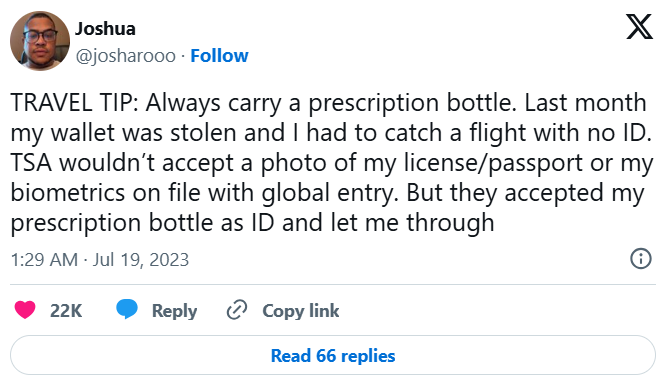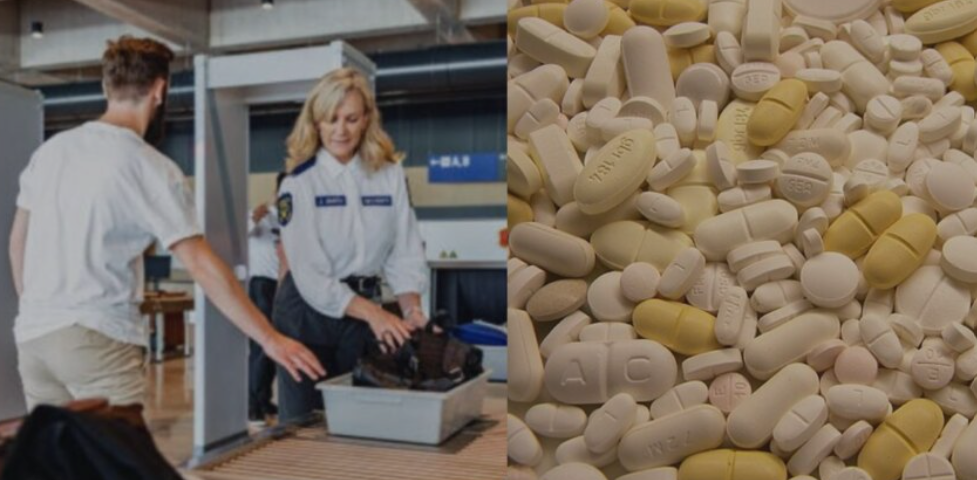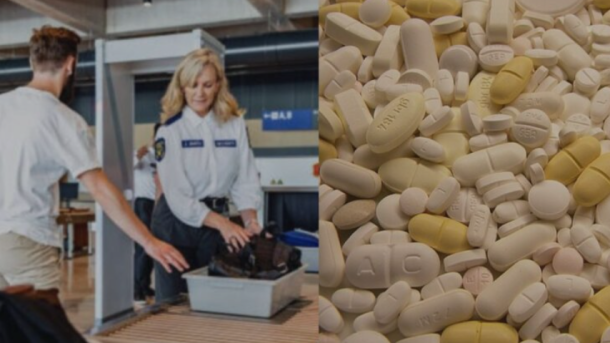Traveling with medications? Understanding the TSA medication rules is essential for a smooth airport experience. Not following the proper procedures could cause delays or even legal issues. Here’s what you need to keep in mind when flying with your medications.

Carrying Liquid and Solid Medications
Passengers need to be aware that TSA medication rules vary depending on the type of medication they are carrying. For liquid medications, the limit is 3.4 ounces, and they must be declared at the security checkpoint. Always inform the TSA officers that you’re carrying liquid medicine before your screening.
In contrast, there are no restrictions on the quantity of solid medications, such as pills or tablets. However, they still need to go through screening, whether packed in carry-on or checked luggage. The TSA recommends keeping these medications in your carry-on for easy access during the flight.

TSA Medication Rules for Prescription and Over-the-Counter Drugs
The TSA medication rules allow most prescription and over-the-counter medications to be carried on a plane. Medications like nitroglycerin for heart conditions, or insulin for diabetes, are permitted. Travelers should also know that it’s not mandatory to keep medications in their prescription bottles, although it’s often a good idea for clarity.
Another important point is that some medications that are legal in the U.S. may be prohibited in other countries. Always check with local authorities to ensure your medications comply with international regulations. Carrying a prescription that includes your name and your doctor’s name will help avoid any misunderstandings.
Source: www.inquisitr.com



